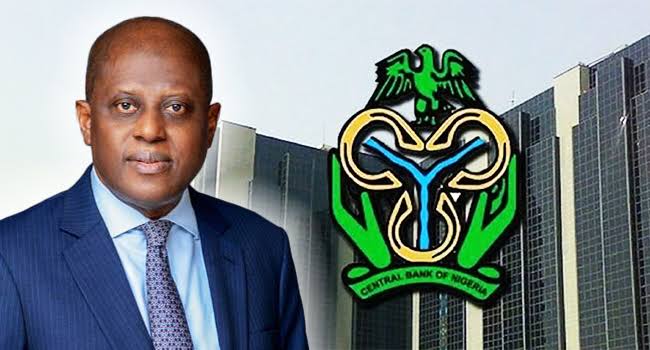In response to public demand, the Central Bank of Nigeria (CBN) has approved the sale of additional U.S. dollars to Bureau De Change (BDC) operators.
This initiative was detailed in a circular issued by the CBN’s Trade and Exchange Department, identified as TED/FEM/PUB/FPC/001/028, on Wednesday. The circular, signed by Dr. W. J. Kanya, Acting Director of the Trade and Exchange Department, informs all BDC operators and the public that each eligible BDC will receive $20,000 at an exchange rate of N1,590 per dollar.
The funds are designated to fulfill demand for eligible invisible transactions, including personal and business travel allowances, tuition fees, and medical expenses, among other non-physical imports.
According to the CBN’s guidelines, BDC operators are mandated to sell the foreign exchange to eligible end-users at a margin not exceeding one percent (1%) above the CBN’s purchase rate. This measure aims to ensure that retail customers have access to foreign exchange at fair rates, mitigating the risk of price inflation and speculation in the retail market.
Eligible BDCs wishing to acquire the $20,000 from the CBN must make Naira payments into specified CBN deposit accounts. Following payment confirmation, along with the necessary documentation, BDCs are to submit their requests to CBN branches located in Abuja, Awka, Kano, and Lagos for fund disbursement.
This intervention in the foreign exchange market by the CBN is part of ongoing efforts to stabilize the Naira and enhance liquidity for legitimate transactions. By supplying additional dollars to the BDC sector, the central bank aims to alleviate shortages and reduce pressure in the retail market, where individuals and small businesses often struggle to access foreign currency.
This announcement is part of a wider strategy by the CBN to effectively manage the foreign exchange market and support economic activities that depend on the availability of foreign currency.
The regulated sale of forex also reflects the bank’s commitment to maintaining a stable exchange rate while ensuring that BDCs continue to serve as a reliable source of foreign currency for everyday transactions. The move is anticipated to provide significant relief to Nigerians and businesses involved in international trade or needing foreign exchange for various approved activities.


